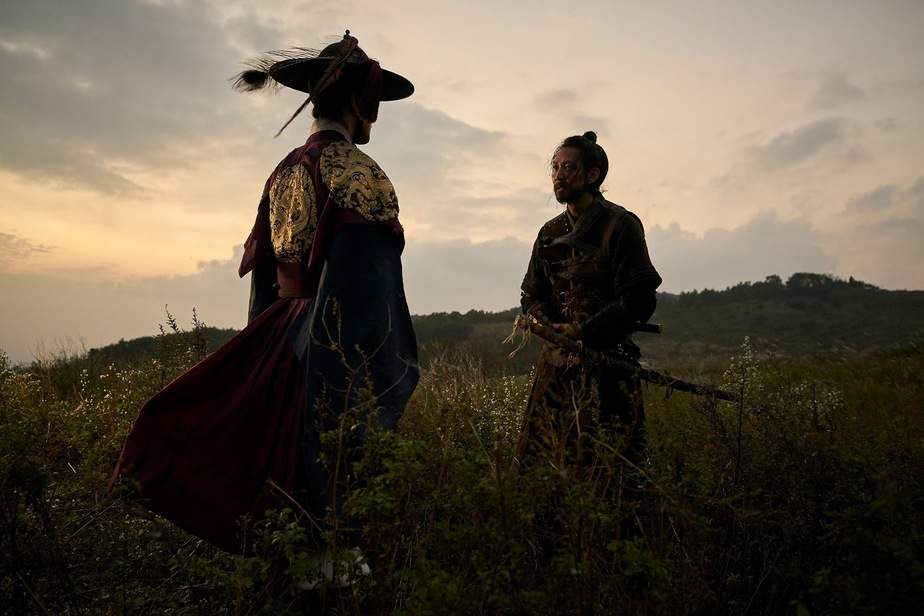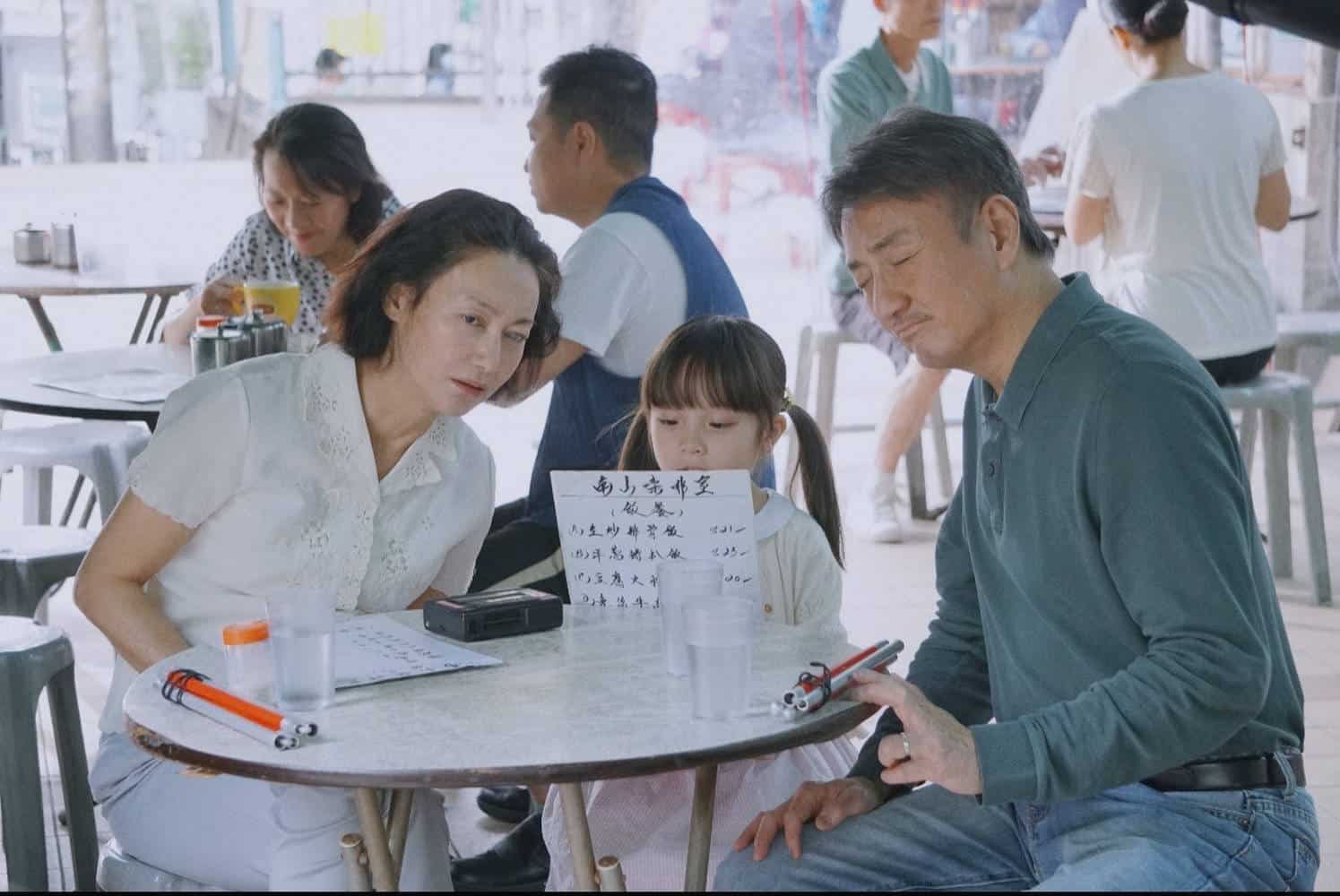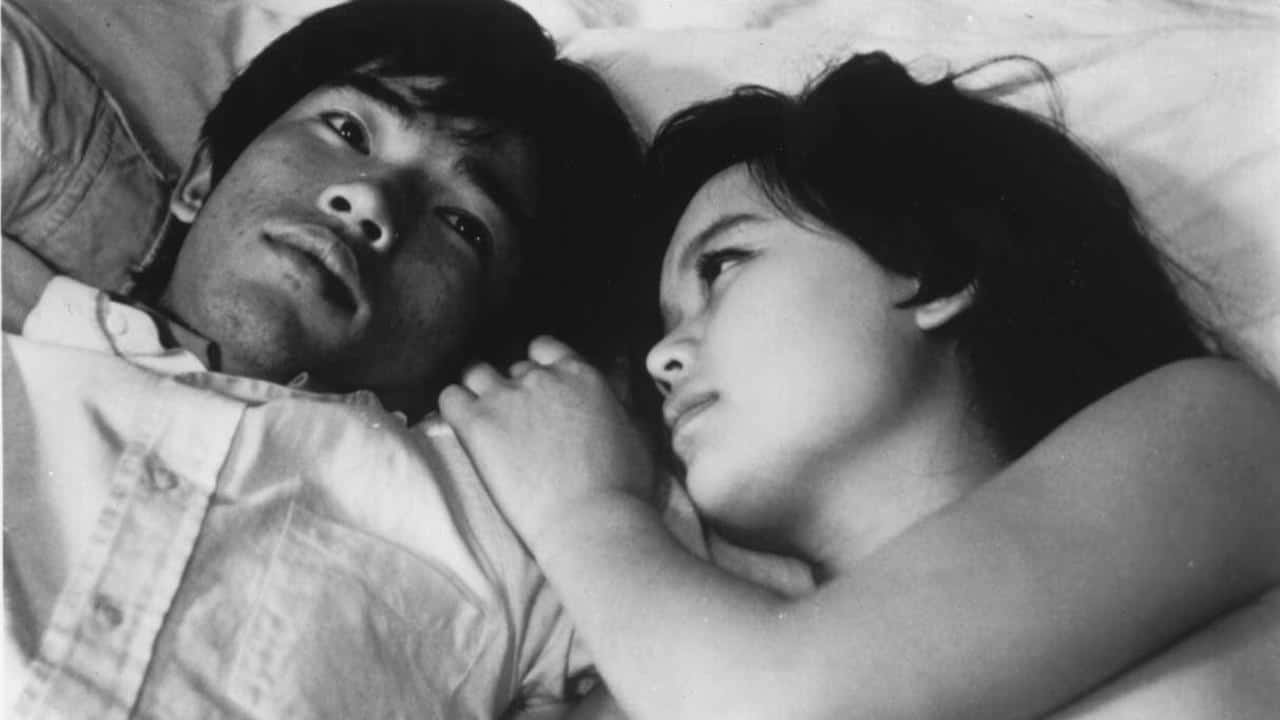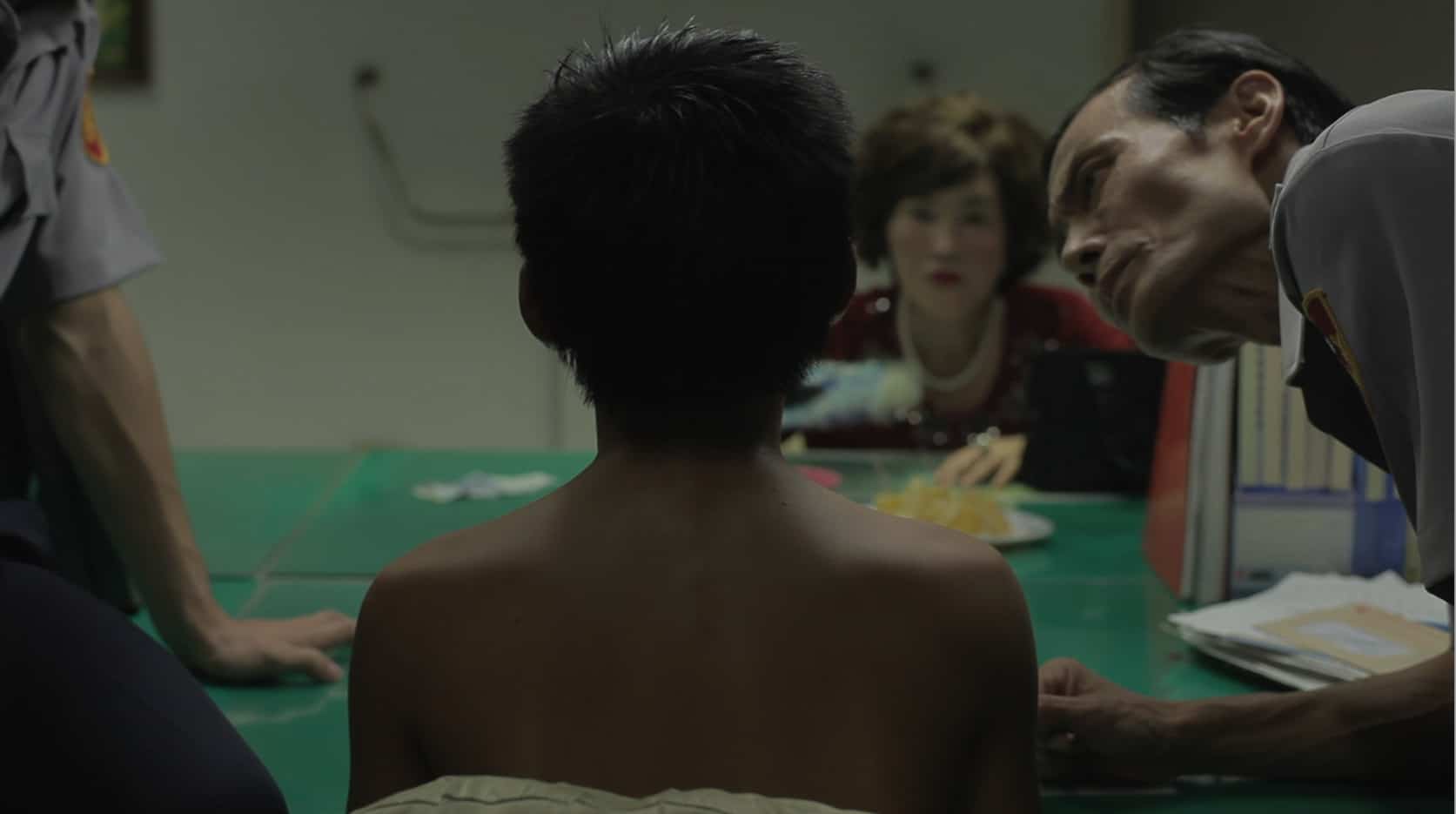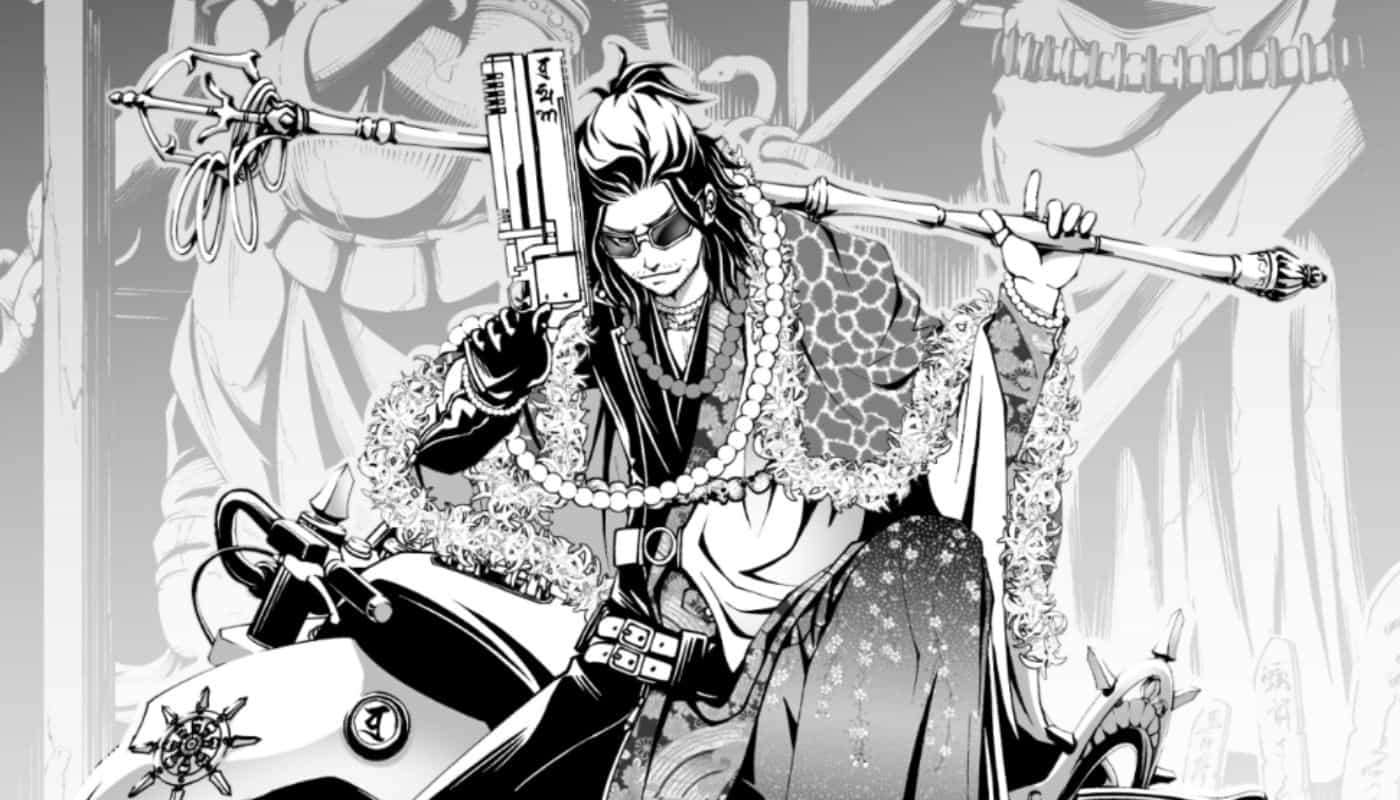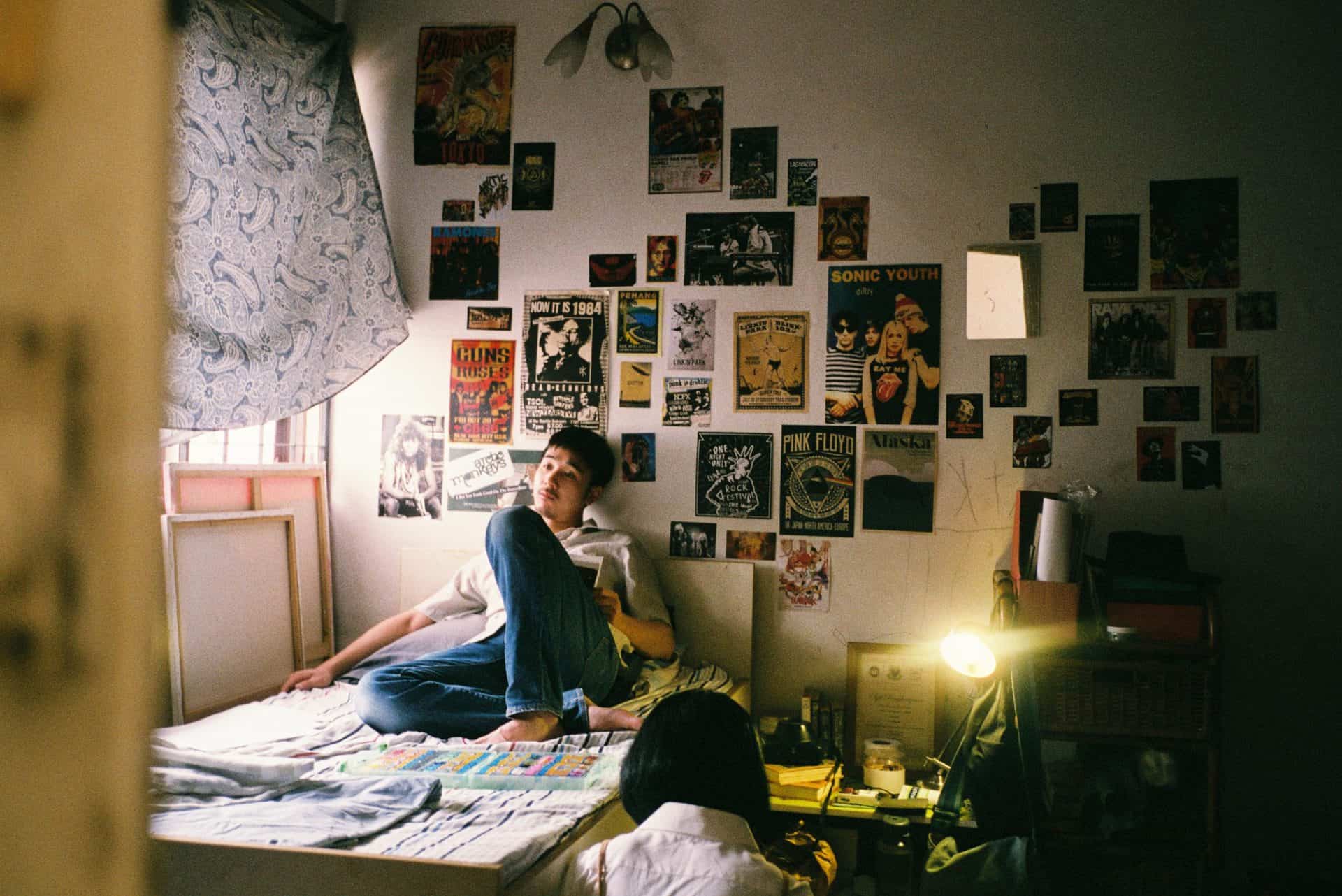THE GOLDEN LEOPARD WINNER
In case of emergency call the ambulance, for it might bring you a different type of medical aid in the time of need neatly packed in bags, even if it comes with side-effects. One of such ambulance cars is “tunneling” its way through the opening scene of Ali Ahmadzadeh’s shockingly daring adrenaline- & drug infused Locarno contender “Critical Zone”, one of this year’s strongest international competition titles. A good deal of the film’s narrative is happening in a moving car which is the formative model adopted from some of the finest works of Abbas Kiarostami or Jafar Panahi, but almost everything else in it, visually- and content-wise writes a new chapter in the Iranian cinema.
The making of this movie heavily loaded with taboo-breaking content, and likewise its way to the world premiere was made possible only through the meticulous planning: development of different strategies for the shooting of each scene, using forged permissions, bribe and hidden cameras (for instance, in such scenes shot at the airport), but also by director’s resistance to the board of censors by refusing to bring them the final product. It is due to the forementioned special conditions and caution (working with a very small team to avoid catching attention in a city that is ‘being watched’) that “Critical Zone” took a long time to complete. The result is nothing short of impressive.
Unlike Cannes, Berlin or Venice, Locarno isn’t a festival known to be regularly including films from Iran in its competition program. The last one to have walked the red carpet was writer/ director Sina Ataeian Dena with “Paradise” who had to flee the country and settle in Germany right after the participation in the festival’s international competition back in 2015. Eight years later, he is back in Locarno in a double role – as the producer of Ahmadzadeh movie, but also as its official representative. Unfortunately all screenings of “Critical Zone” happen in absence of the director who wasn’t allowed to leave the country, and who is currently in hiding aware that he might get arrested any moment soon. Regardless of all risks involved, both gave their statements to the press: the helmer in form of an interview included in the film’s press kit prior to the festival, and Dena through a number of talks and an interview conducted by the Locarno team right on spot. The producer was also present at the Berlinale earlier in this year, as the co-writer of Steffanie Niederzoll’s devastating documentary “Seven Winters in Tehran“.
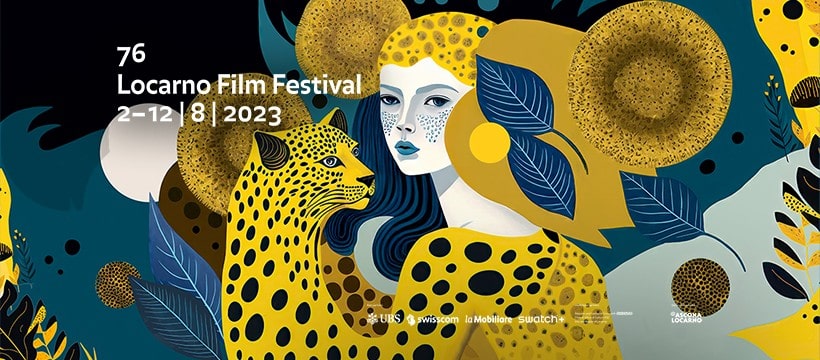
Albeit “Critical Zone” had been shot before the protests ignited by the murder of Mahsa Amini erupted, the rebellious spirit of Iranian freedom-thursty citizens is depicted fiercely. We are not only looking into the rejection of hijabs, but also at a variety of defiant acts against the legal code based on sharia, shown in a matter-of-fact way, like it were perfectly normal to see a woman experiencing sexual climax in an elongated scene in an Iranian movie, her violent cries at the lynching mob and calls for resistance, people indulging in alcohol and drugs, and passengers in the main protagonist’s speeding car listening to modern poets with strong voices and provocative verses.
Rage and escapism of the trapped, liberally thinking generation(s) living their personal freedom despite of dangers build the core of the story set in Iran’s capital Tehran. The main protagonist Amir (Amir Pousti) is a well off drug dealer with a well developed circle of customers and friends with (material and other) benefits which could be described as an exchange of goods. Clearly not the best influence, he is nevertheless empathetic to underdogs, sometimes even called to help addicts kick off heavier habits. Strange for someone of his calling, he is occasionally lecturing his customers about drugs, trying to convince them to switch to something less harmful, to slow down, all of while chain-smoking hash (weed is not good for you, mind you) and downing an occassional beer. Each person who enters his car has a heavy baggage to carry and a need to drop it by getting high.
According to Ali Ahmadzadeh, he wanted to show ‘an underground Tehran, wild, tired and sick’ and for that purpose he needed authenticity. Instead of professional actors, he decided to work with non-professionals or people who were more interested in rebelling against the regime than in acting, which resulted in a daring material so far unseen in an Iranian film shot on the Iranian soil, with a strong documentary touch. Each person entering Amir’s car is being themselves. For all participants in the project, there was never a grain of doubt they were taking risks, but they nevertheless decided to join it and give their own personal contribution to show a different Iran.
“We are wandering about in an exile to another exile”, says one of the lead characters in the movie, and that can also be erad as the comment to the events surrounding the film itself. Many of the talents had to leave the country to avoid arrests, public humiliation or worse; there was a huge political preassure coming from the Islamic Republic of Iran to prevent the screening of “Critical Zone” in Locarno. Luckily, that didn’t stop the festival of showing it, but they couldn’t assure Ahmadzadeh’s attendance despite of a huge support by other influential international film professionals.
As someone coming from the background of a trained architect/ music professional, Ahmadzadeh shows his thorough understanding of the space that his protagonists occupy, and a fine-tuned feeling for the urban sounds that set the rhythm to the story. His collaboration with composer Milad Movahedi harmonizes with the pulse of the film, along with the whole sound department that made every inch of it packed with the beat of the city’s heart significant for buliding the peak of the narrative. At moments, we feel like being connected to life-maintaining machines in a hospital room, listening to the urban heartbeat.
“Critical Zone” is a wild ride through Tehran’s hidden world during one night, guided by Amir’s GPS that speaks in a soft, female voice and seems to know what the driver has on his mind. It’s a journey that has to be taken as it is in all its wild, unexpected turns even if it ocasionnaly might cause nausea.



